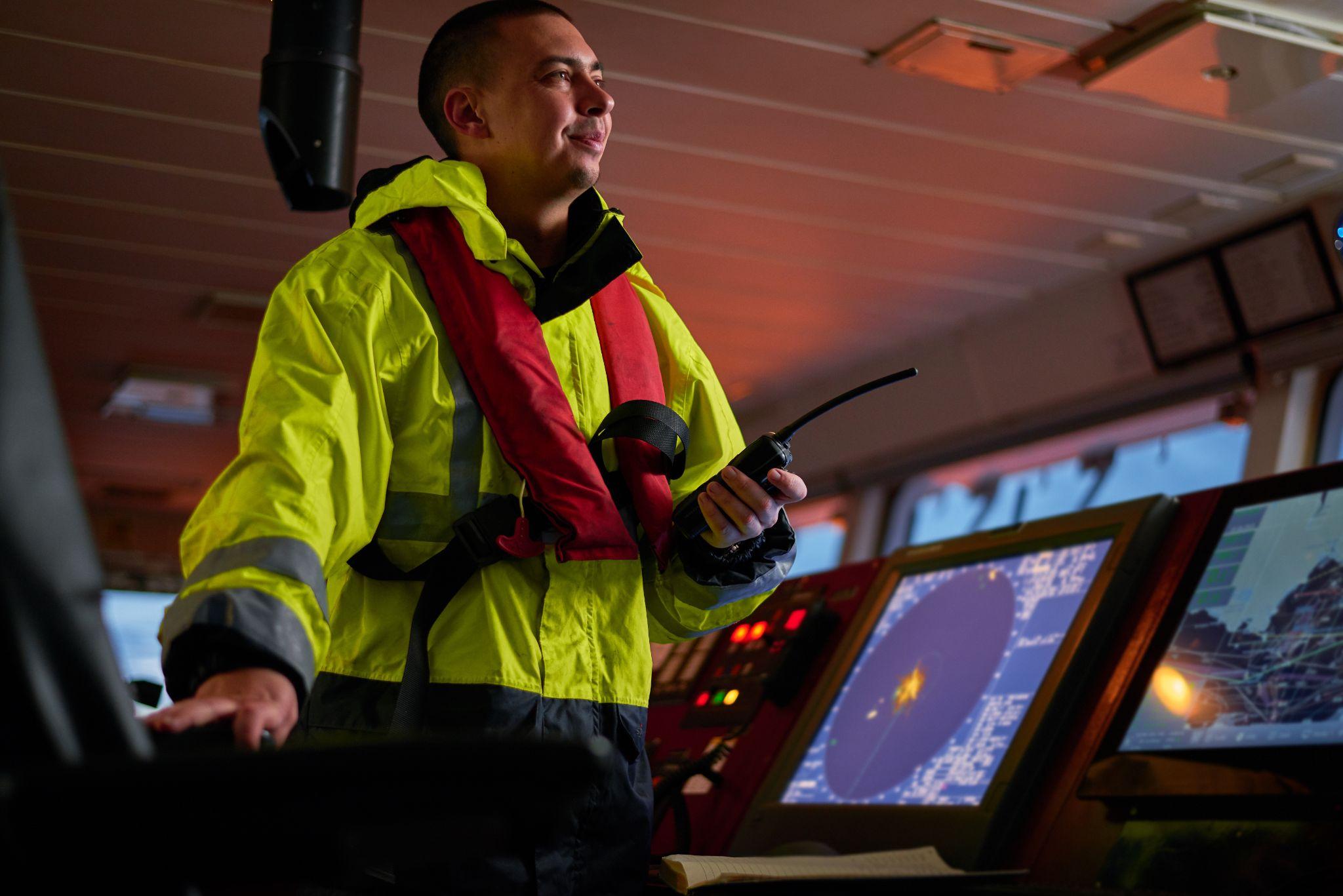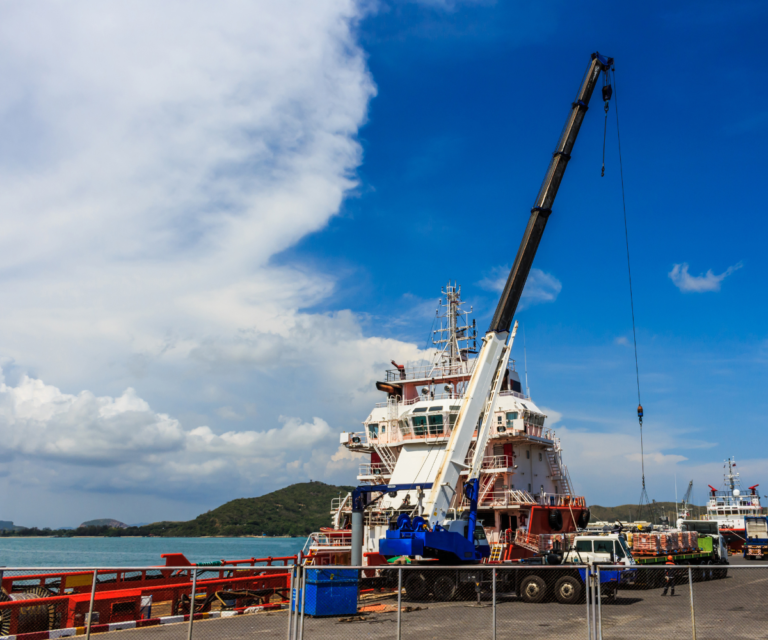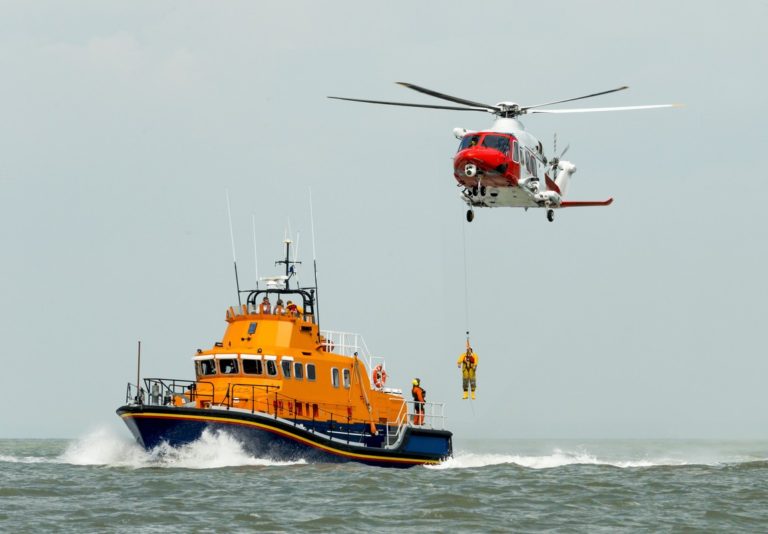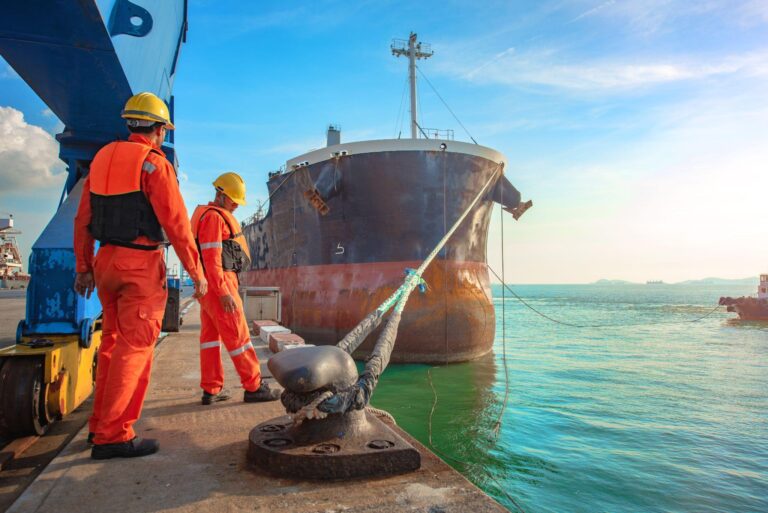All new maritime workers need to know what admiralty law is and how it can protect them should they be injured while performing the duties of their job. Admiralty law or maritime law combines the United States and international laws governing shipping and navigation on open waters and the high seas. The laws cover a wide range of areas, including:
- Commerce
- Maritime Liens
- Towage
- Piers
- Seamen
- Longshoremen
- Harbor Workers
- Waters
- Canals
- Lakes
- Rivers
- Docks
- Wharves
- Piracy
- Insurance
- Recreational Boating
- Cruise Ship Passengers
- Cruise Line Workers
Is Admiralty and Maritime Law the Same Thing?
Today, admiralty and maritime law are considered one and the same. However, at one time, they were two different things. Originally, admiralty law referred to judicial courts that heard cases relating to torts and contracts on open waters. Maritime law referred to cases related to wages, working conditions, and other hazards seamen faced.
Furthermore, admiralty law primarily focused on shipowners’ rights and maritime law on seamen’s rights. As things changed, the two were eventually combined to be more encompassing and cover a wider range of issues.
Who is covered under admiralty law?
Admiralty law covers a wide range of legal areas. Among those, general maritime law provides remedies for injured seamen, longshoremen, dock workers, harbor workers, and others. The Jones Act, the Longshore and Harbor Workers Compensation Act, the Admiralty Extension Act, and other acts also provide specific rights and legal remedies for maritime-related accidents where workers are injured.
Who enforces admiralty laws?
The United States Coast Guard serves as the enforcing agency for admiralty jurisdiction laws for all oceans, lakes, and bodies of water around and inside the United States. However, local law enforcement agencies can also enforce admiralty laws for interior bodies of water.
Who hears admiralty cases?
States specifically have no control over open waters in most jurisdictions. As such, admiralty cases that go to court are typically heard in federal district admiralty courts. While admiralty law applies to federal laws and federal cases, there are times when state courts are allowed to hear admiralty cases.
How can I tell if I have a maritime law case?
There are specific conditions that must be met when you were injured to determine whether you have grounds for a maritime law case, not a worker’s compensation case, as follows:
- You must have been performing duties related to your job.
- The accident must have occurred on navigable waters.
- A vessel of some type must be involved.
However, there are certain “gray” areas depending on the exact circumstances of the accident, injury, and other such factors. Sometimes it can be difficult to determine whether your case is a maritime matter or a worker’s compensation matter.
When should you seek help from an admiralty lawyer?
Many types of accidents and injuries can occur on land or at sea that can fall under admiralty jurisdiction. However, there are often specific laws or acts that will apply based on the circumstances in the case.

Typically there is a 3-year statute of limitations for maritime injury cases. Yet, the statute of limitations can be shortened based on other circumstances like the location where the accident took place.
Additionally, maritime cases, laws, and acts are much more complex than state law workers’ compensation claims. For these reasons, you should seek help from an admiralty lawyer as soon as possible to determine your legal rights and options for seeking compensation for your injuries.
To schedule a free case evaluation and consultation, please feel free to contact the admiralty lawyers at Maintenance and Cure, part of the firm of Schechter, Shaffer & Harris, L.L.P., by calling 800-836-5830 today! Our maritime lawyers provide legal representation nationwide.







